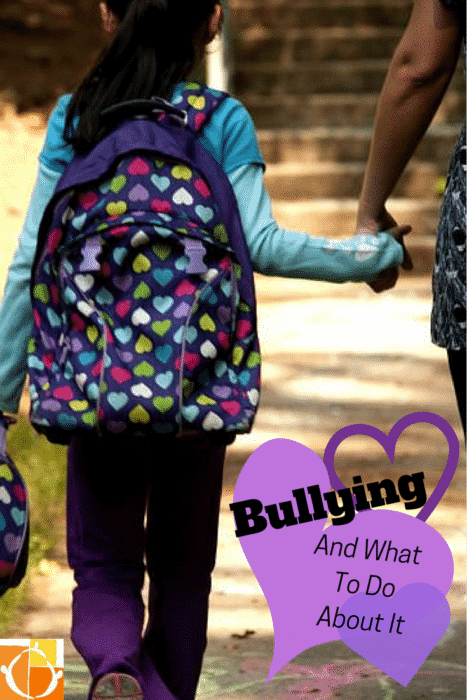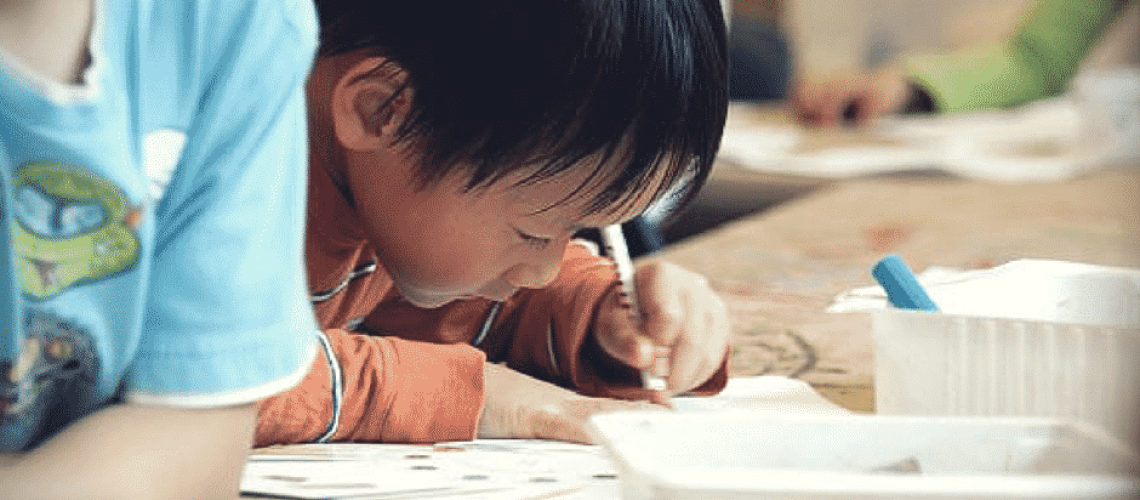Q. My daughter insists she wants to play with the two girls who live next door but she comes home every time highly emotional and upset. I watch them without her around and the older one seems to be extremely mean to the younger one. I am not sure how to avoid this situation, or what to say to my daughter. I don't understand why she wants to play with kids who are clearly not willing to play reciprocally. She has reported that other kids at school don’t want to play with her. I am afraid that she might be harsh with her classmates at school, having learned this behavior from the neighborhood kids.

A. Hurting others is a highly contagious behavior that transmits immediately from child to child, like the flu. The behavior might start with an adult threatening, demeaning, or harshly excluding a child. Some parents do this as a matter of course: it is accepted in many families as rightful discipline. But disrespect and intimidation set a behavior example that children absorb in full.
How the hurting starts
When a child has been treated badly, or has witnessed harshness, the behavior enters the child’s experience, but her mind can’t process it. Children simply do not understand meanness or harshness. It always hurts, even when they are not the direct target. The words said, the facial expressions a child sees, the body language of the aggressor are all recorded in a child’s mind, much like a movie. And whatever feelings the child has—fear, helplessness, shame, confusion, perhaps anger—are stored in the child’s emotional memory, mixed in with this indigestible incident.
Children’s minds don’t naturally accept these wads of unloving experience. The way children try to get help with unloving experience is to display it openly—that is, to say the kind of thing that was said to them, to exclude another child the way they were excluded, to call someone a name they heard called on the playground. This is where this kind of hurting starts. They do this when they feel upset, tight with fear, or far from the feel of love.
Being far from the feeling of love may occur like an emotional emergency for a child. The lack of a warm connection means that the child can’t be generous toward others, can’t be flexible, and must have things her way and her way only. Children display the worst of what they’ve seen in relationships when it’s been too long since their last cuddle, their last relaxed chuckle. Children need to see the love light in their parents’ eyes, and need to hear interest and consideration in the voices of their teachers, to function well.
The most vital thing you do as a parent is to connect.
 Children need their parents to take the time to make warm eye contact, to cuddle, to wrestle, to play, to hang out, to be available, and to offer limits when their children’s behavior turns sour.
Children need their parents to take the time to make warm eye contact, to cuddle, to wrestle, to play, to hang out, to be available, and to offer limits when their children’s behavior turns sour.
And children need their parents to listen to their feelings when they’re having a sad or a frustrating time of it. But parents are overburdened with work and the pressures that parenting create. So even when they do know something about the importance of connecting with their children, and allowing for emotional moments, they can have a hard time doing it.
When your daughter comes home from playing with the neighbors, she probably has witnessed what we call “off-track behavior.” It has upset her, and she’s signaling to you, with her own version of off-track behavior, that she’s in trouble by replaying the bullying for you. So when she gets upset at you, move close, put your arms around her, and tell her that you won’t let her say those things to you.
Because you are close, and kind, emotions will heat up. She’ll spray more cutting words around, and she’ll show you her meanest faces. You won’t see her face. You’ll see a reasonable facsimile of what she witnessed next door or on the playground. To help her, accept her outpouring of upset, and guide her gently.
Say things like, “Sweetie, I’m your Mommy. I’m not going to let you talk to me that way. And no matter what you say, I’m going to be here with you.” Or say, “Something hard must have happened to make you say that. What happened, honey?”
Don’t expect her to tell you. Your interest and warmth will help her feel the awful emotions that have collected. She will want to get away, will use more harsh language, and she may even start to try to hit or hurt. Gently but firmly keep her from hitting you or hurting you, but do let her have the feelings and the struggles that fuel this behavior.
You might also offer your daughter the reassurance that she is a good person and a good friend, and that anyone who gets to know her will see how special she is. If she “hates” you saying those things, back down a bit, but not entirely. Protest might mean that you've struck a chord of hurt, and that she needs this kind of reassurance, though it makes her cry harder and fight harder at the moment.
When she begins to cry or tantrum, you’re on the right track.
The tears and the struggling and fighting that come next are every child’s way of offloading feelings of fear. If you want her to move out of these difficult behaviors, you need to allow an outlet for the feelings underneath, in your arms, with you guiding things along. You listen. She spouts and cries and yells and is beside herself. You tell her you care. She spews the things she has heard next door and on the playground, aiming them at you. You keep telling her that you’re going to stay with her while she feels this badly.
your child needs you.
It’s your attention and caring that are going to help her right her overturned emotional boat, once all the tension it carried has floated away. We call this Staylistening, and it works beautifully to relieve a child of the meanness she’s been showing. Listening with kindness is the cure for the “bully infection” she caught. Your love replaces the hurtful memories she is processing.
There are also playful ways to respond to a child’s upsets. One kind of response that works really well to diffuse meanness is described in the article, The Vigorous Snuggle.
But you don’t want to have to mop up after the neighbor children’s treatment of each other and your daughter every day. Children who are out of bounds with each other need an adult to stop them, with kindness but full intention that this behavior will stop. If no one at their home is setting effective limits, then I wouldn't let her go there, or to any unsupervised place to play with them.
Here’s where you have some choice.
You can, instead of letting her go there, invite them over to your place. For them to have half a chance of being good to one another, you’ll need to help all three of them feel connected to you. That probably means playing with all three.
Pillow play, hide and seek, or active chasing and romping are the kinds of play that have the best chance of getting laughter (and thus, connection) going between them. If and when one begins to target another (and it doesn't matter whether it's your child or sibling-on-sibling harshness), intervene playfully and physically, “Ohhhh! Suzie has a few grumpies today! Hmmm, how do we get those grumpies out!? Shall I pick them out of your hair for you? I bet I can get them all! I FOUND one! Here's another!” or “Hmmm, how do we get those grumpies out? I think I have to pump your arm up and down a bunch to squirt them out! Here goes!”
If you're strong enough, pick one of them up and turn her upside down and shake her…something like that. Offer immediate, vigorous, playful intervention. See if you can get them laughing, and “showing” you their mean moves, so you’ll tackle them again.
Let these games go on for as long as you can—they’re healing, and they help children find a way to have a good cry, sooner or later. The aggressor child needs some good big cries, to help her get her upsets taken care of.
It may not be workable for you to offer the neighbor children that kind of resource.
If not, you can try setting limits seriously, but kindly. You might say with your most friendly tone, “Suzy, I can't let you be hard on Sally here. If you have to be angry, come with me and tell me how you feel,” and bring her with you into another room. Listen to her upset until she feels better.
Or you can say, “Suzy, I can't let you be hard on Sally here. I'm going to ask you to go back to your house for awhile, and come back when you feel better. We like you so much, and we want you here, but that kind of talk doesn't work at our house.”
This last is the least workable, because it sends a child who is in her worst emotional state off by herself. She can't help but feel blamed and shamed. And it may be that if she is sent home, she’ll get more harsh treatment there, fanning the “Mean Girl” flames for another day. But if your resources are at low ebb, it might be all you can do.
You'll be able to think about these alternatives, and figure out which ones feel like they fit what you can manage, and what the neighbor children might be able to tolerate, too.
Let us know what you figure out!
Patty

